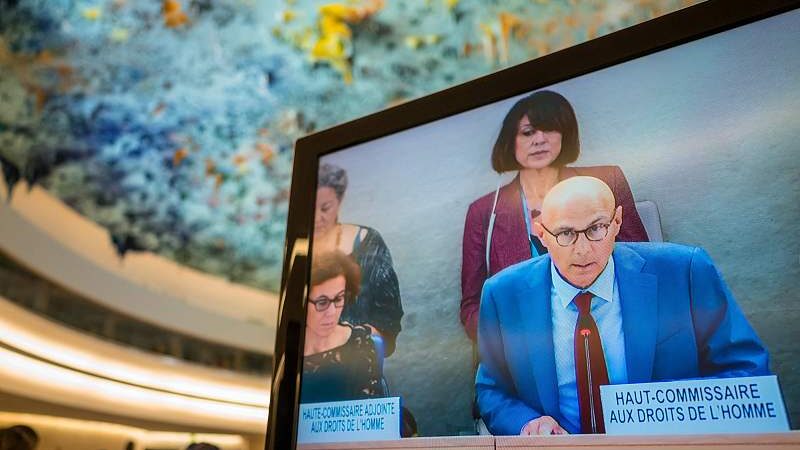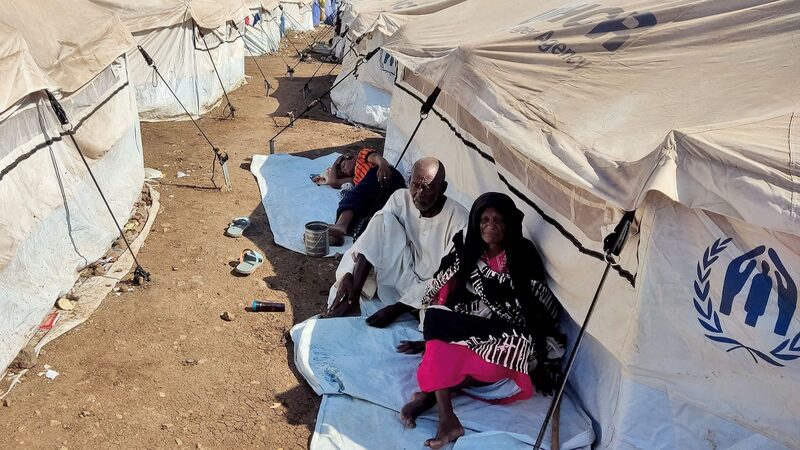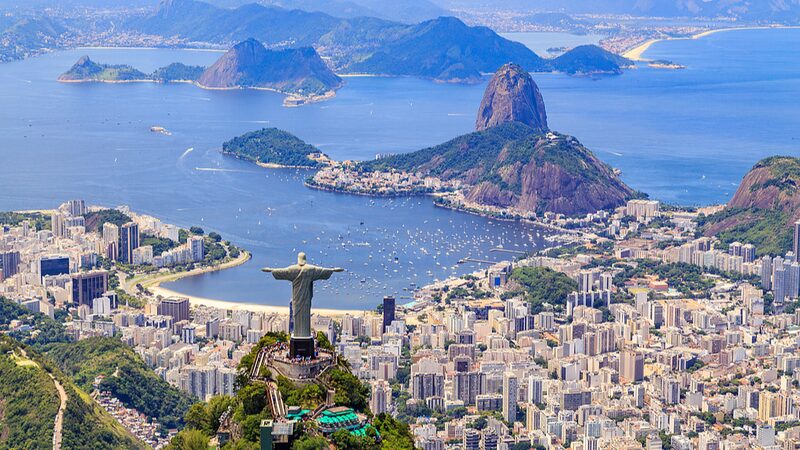Unilateral sanctions imposed by certain nations are increasingly hindering global humanitarian efforts, according to recent statements by United Nations officials.
Volker Türk, the United Nations High Commissioner for Human Rights, has called for the suspension or lifting of any unilateral coercive measures that harm human rights and exacerbate humanitarian crises. He emphasized that sanctions threatening people’s lives and health need to be halted immediately.
Similarly, Alena Douhan, the UN Special Rapporteur on unilateral coercive measures and human rights, warned that over-compliance with sanctions by businesses and financial institutions is jeopardizing global health and well-being. In her report to the 54th session of the Human Rights Council, she highlighted how these practices obstruct the procurement and distribution of essential medical supplies and humanitarian goods, even those exempt from restrictions.
China has also expressed concerns over the impact of unilateral sanctions on humanitarian work. Zhang Jun, China’s Permanent Representative to the United Nations, urged the international community to lift these sanctions, stating that they hinder the delivery of essential services to affected communities and create obstacles for global humanitarian action.
The use of unilateral sanctions has become a favored tool for certain governments to address foreign policy challenges and influence strategic decisions. However, these measures often compromise humanitarian principles and disproportionately affect civilians and non-combatant populations, leading to widespread suffering.
UN experts stress that sanctions should not impede a population’s access to essential goods, services, or critical infrastructure necessary for their well-being. Martin Griffiths, Under-Secretary-General for Humanitarian Affairs and Emergency Relief Coordinator, stated, “In all contexts, [states] should ensure that sanctions do not restrict the enjoyment of economic, social, and cultural rights, including the right to food, water, shelter, and health.”
The international community is increasingly recognizing the need to balance political objectives with humanitarian considerations. Lifting or adjusting unilateral sanctions could alleviate human suffering and enhance the effectiveness of humanitarian responses in crisis-affected regions.
As calls grow louder for the reevaluation of unilateral sanctions, it remains essential for global leaders to prioritize human rights and the well-being of vulnerable populations in their policy decisions.
Reference(s):
How do unilateral sanctions affect the humanitarian response?
cgtn.com








